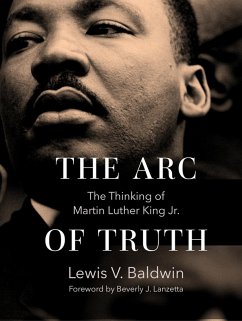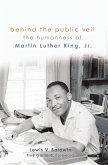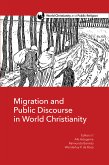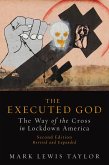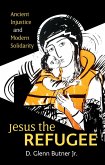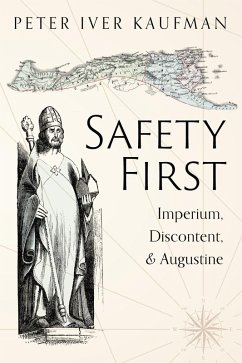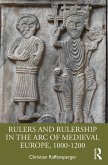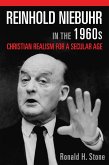Lewis Baldwin explores King's quest for truth from his inquisitive childhood to the influence of family and church, to Morehouse College, Crozer Theological Seminary, Boston University, and other academic institutions in the Northeast. Continuing on, the book follows King's sense that he was involved in experiments of truth within the context of the struggle to liberate and empower humanity, to his understanding of the civil rights movement as unfolding truth, to his persistent challenge to America around its need to engage in a serious reckoning with truth regarding its history and heritage. Baldwin investigates King's determination to speak truth to power, and his untiring efforts to actualize what he envisioned as the truthful ends of the beloved community through the truthful means of nonviolent direct action. King believed, taught, and demonstrated by example that truth derives from a revolution in the heart, mind, and soul before it can be translated into institutions and structures that guarantee freedom, justice, human dignity, equality of opportunity, and peace.
Ultimately, King's significance for humanity cannot be considered only his contributions as a preacher, pastor, civil rights leader, and world figure--he was and remains equally impactful as a theologian, philosopher, and ethicist whose life and thought evince an enduring search for and commitment to truth.
Dieser Download kann aus rechtlichen Gründen nur mit Rechnungsadresse in A, B, BG, CY, CZ, D, DK, EW, E, FIN, F, GR, HR, H, IRL, I, LT, L, LR, M, NL, PL, P, R, S, SLO, SK ausgeliefert werden.

